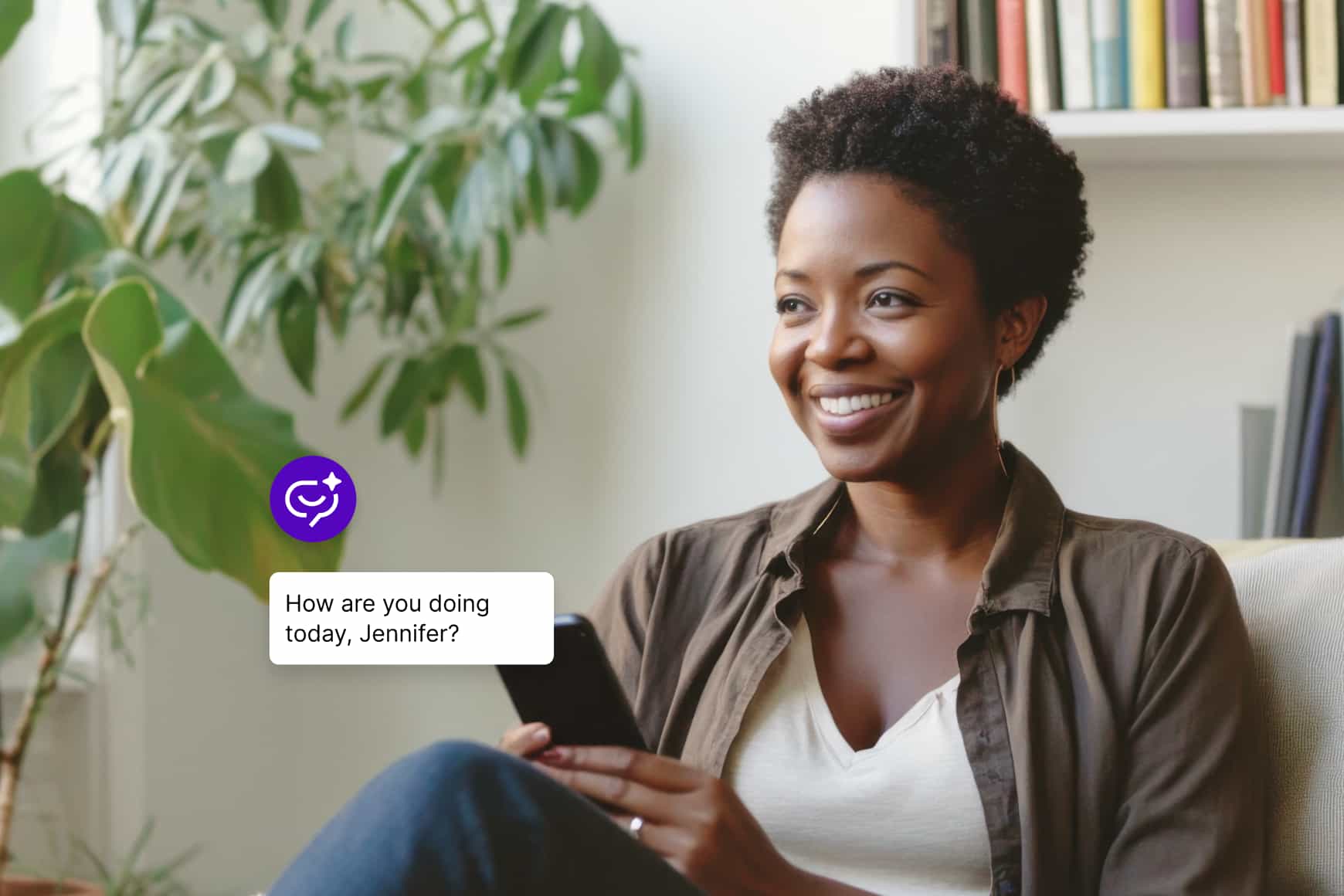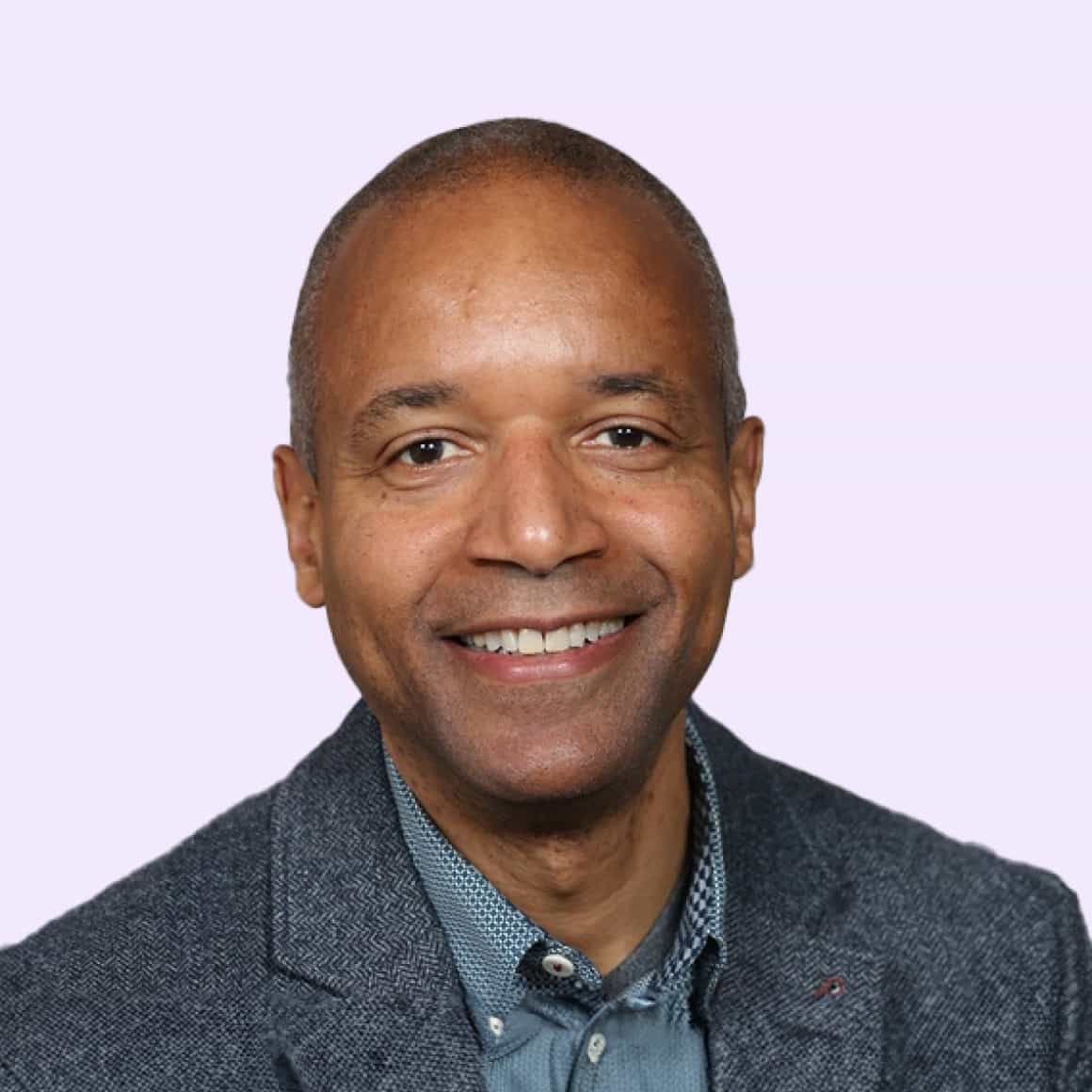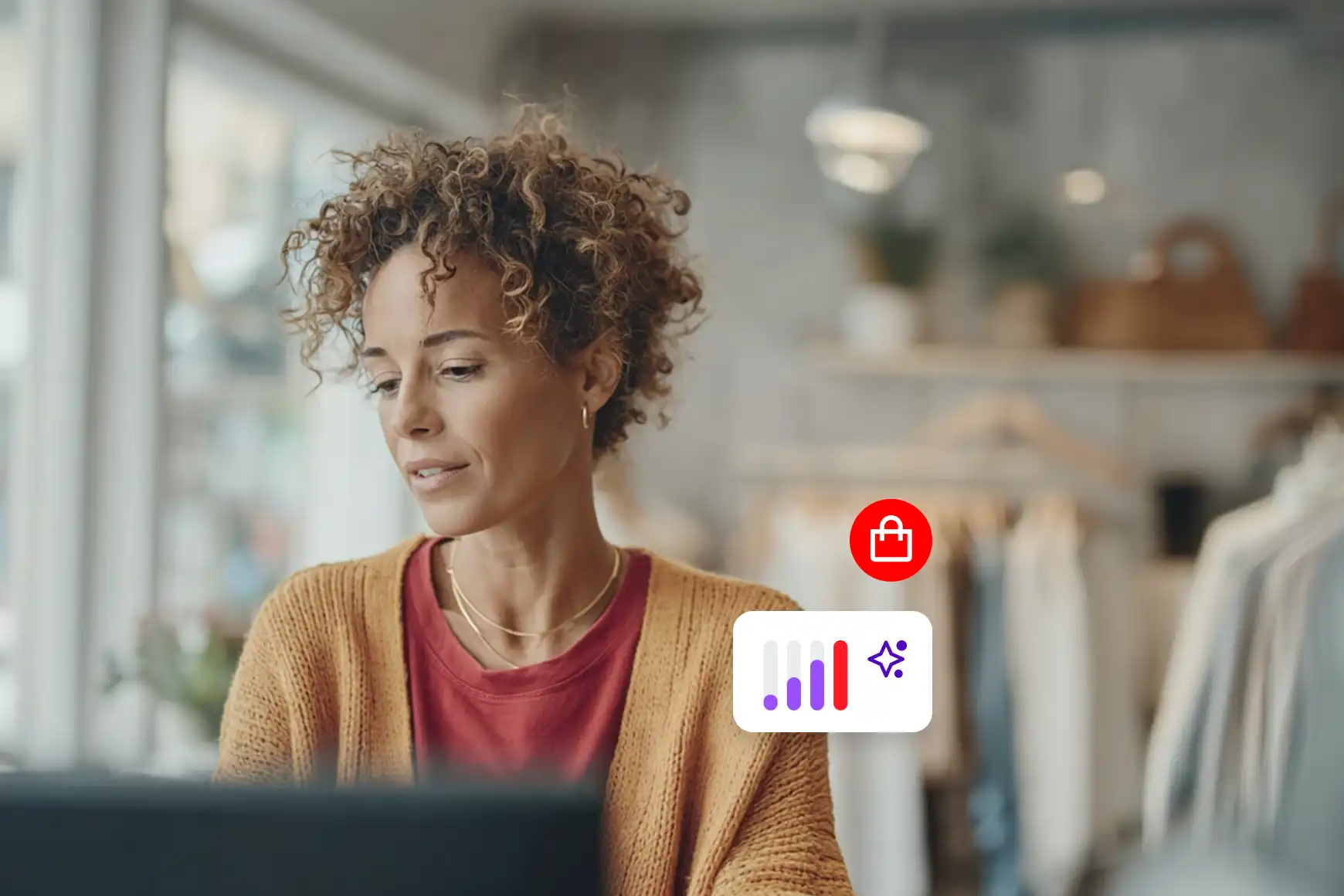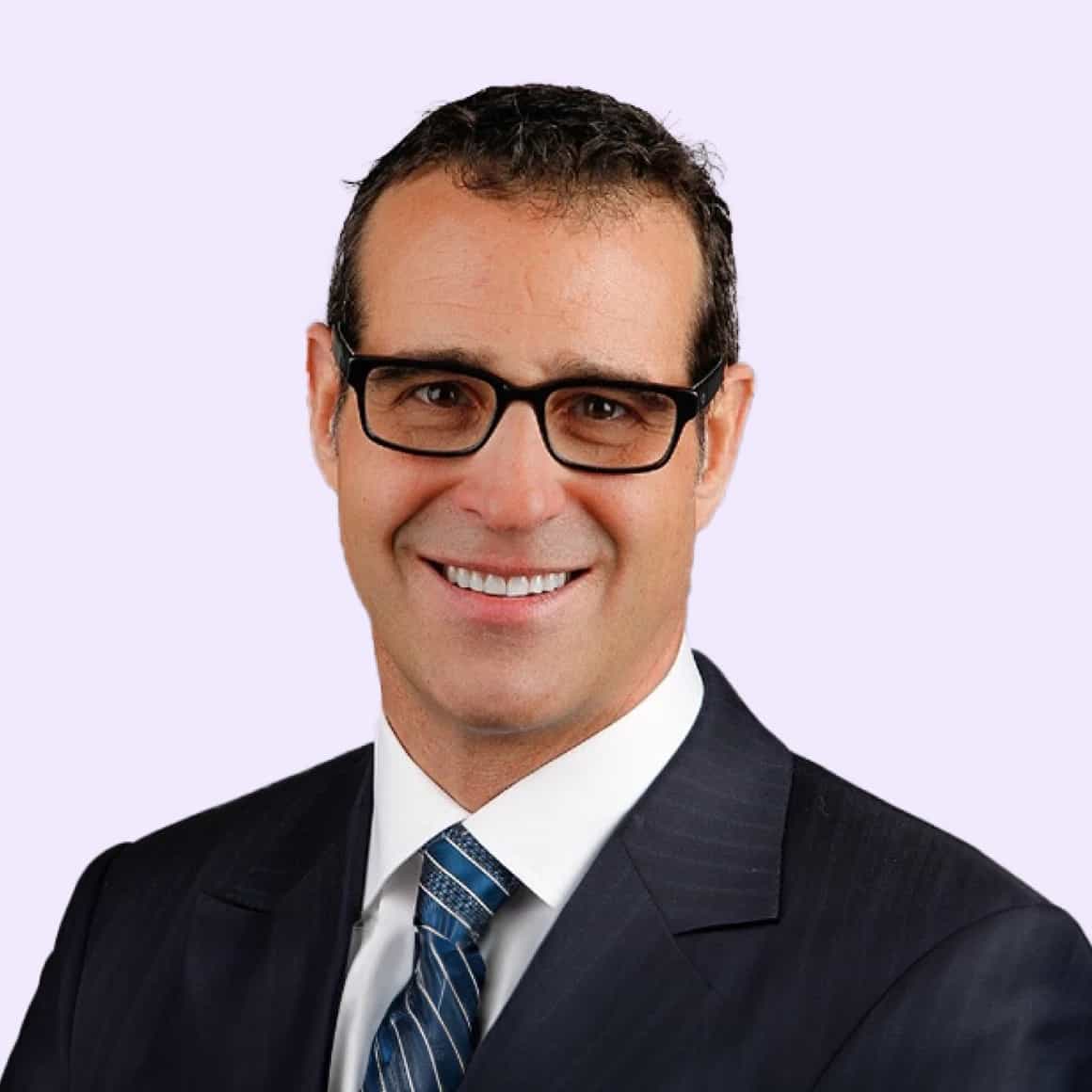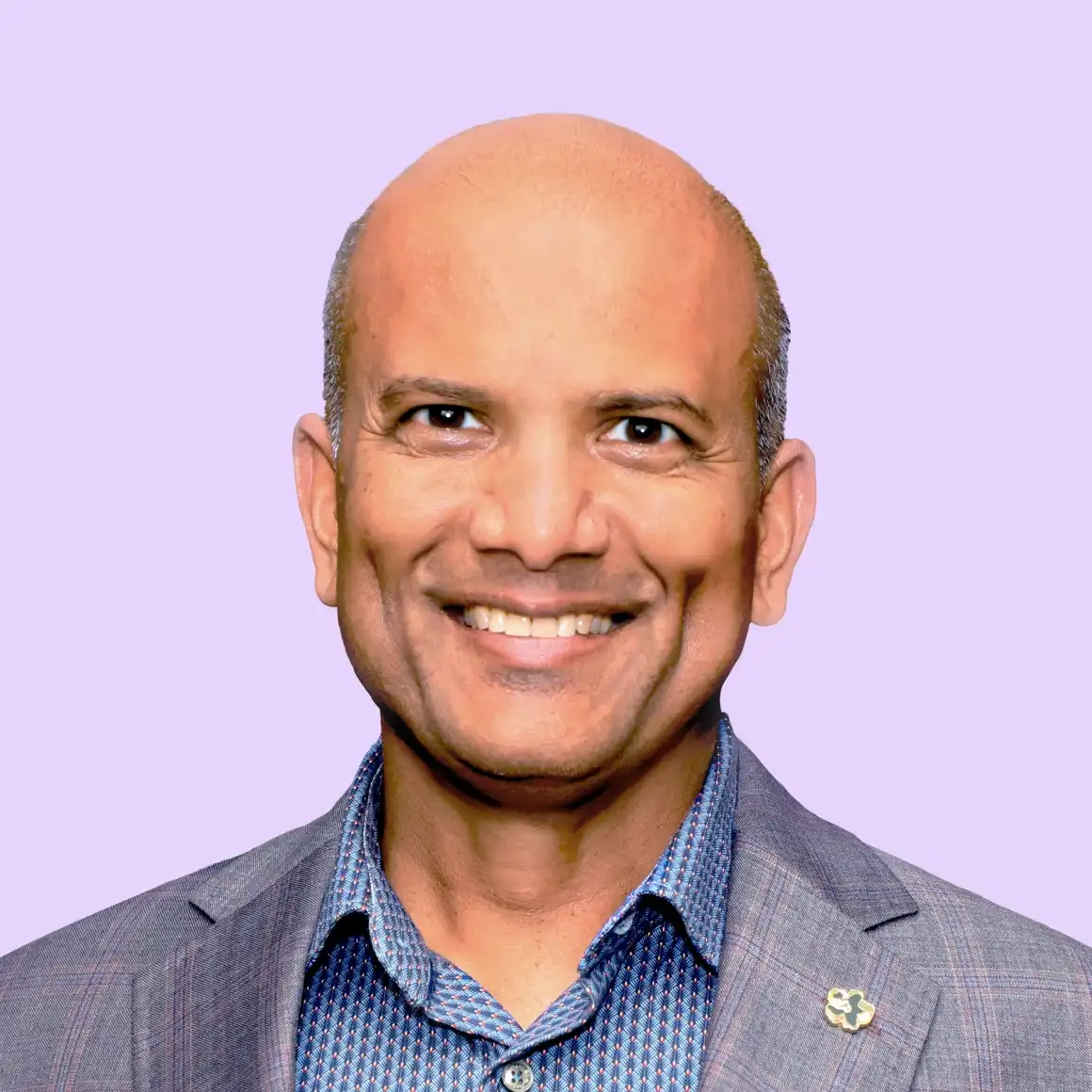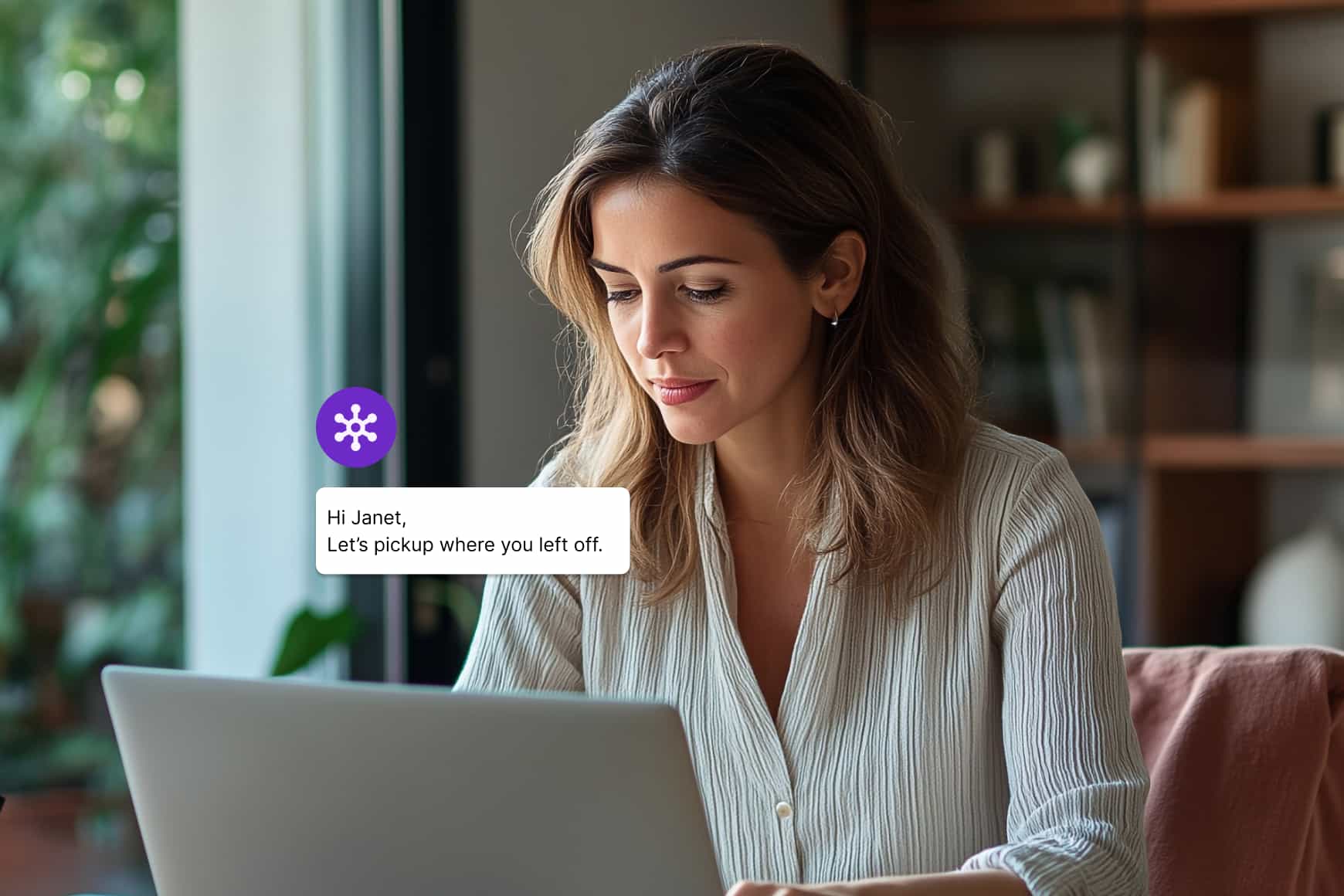Tiago Paiva: How a Dreamer Became a Doer
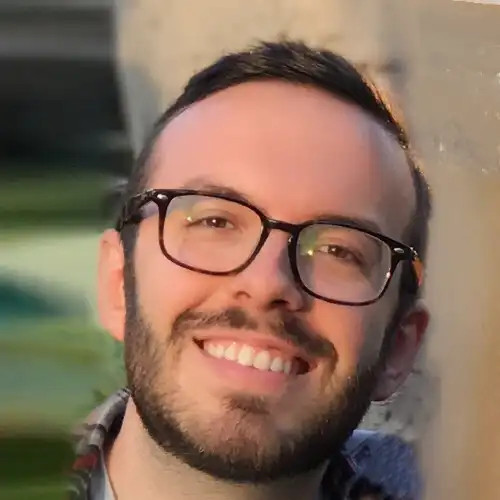
By Taylor Johnson
0 min read
Do you know Talkdesk’s inspiring origin story?
Tiago Paiva, the Founder and CEO of Talkdesk, sat down for an interview to tell the story of how Talkdesk was born.
Let’s start from the beginning. How did you conceptualize Talkdesk?
Well, it started when I was a high school student in Portugal. Ever since then, I dreamt of founding a startup. My goal was to make a product that would dominate an industry and change the world.
The problem was, back then there were no startups, VCs or mentors in Portugal. So I started teaching myself how to code. I read books and blog posts and listened to podcasts to learn about the startup scene in America. I also took a part-time job at Procter and Gamble where I got my first taste of the corporate life.
After graduating with a masters degree in engineering, I decided that I just wasn’t built for the 9 – 5 life. So instead of getting a corporate job, I worked on a few projects that generated some revenue, did some freelance work online and started focusing on product ideas that I could turn into a company.
One day, I saw that Twilio was giving a MacBook Air as a prize to their hackathon. All you had to do was build something using their newly released Twilio Client. I was 24 years old and I had an old PC and no money to spare – I wanted that MacBook.
So I spent the next 10 days building what is now Talkdesk. The idea was to create a cloud-based software that would allow companies to provide better customer service to their callers. Talkdesk would show companies everything they needed to know about the caller before they answered the phone. It would integrate with other systems and synchronize data with all systems in real-time. It would be simple to setup, use and maintain.
So, did you win the MacBook?
I did. After 10 days the first version of Talkdesk was created. I submitted a YouTube video of Talkdesk to Twilio and ended up winning the contest and the MacBook Air.
You have your MacBook Air. What happens next?
After winning they invited me to present Talkdesk at TwilioCon. I remember getting the email – it was Sunday night and I was watching Benfica play at the stadium and they asked me to be in San Francisco on Tuesday. I had no passport, no money and knew no one in the United States. With the help of my parents, I was able to fast track my passport at the Embassy and I was on a flight out to the United States Monday night.
I presented Talkdesk at TwilioCon and won first prize – a $10,000 investment. I remember being on stage when they announced the winner, I thought, “This is it. I’ll create my entire company with this money and never have to raise again.” I had no idea.
After winning, did you move back to Portugal or stay in the U.S.?
One of the judges at TwilioCon was Paul Singh, a partner at 500 Startups. After winning, he invited me to join 500 Startup’s third batch. I said, “Sure when does it start?” and he said, “Two weeks ago.” So I went home and packed my bags and flew back to San Francisco. I’ve been living in America ever since.
Wow, that is a great story. From the first version of Talkdesk that you presented on stage at TwilioCon five years ago to today, how has the product changed?
In 2011 our focus was on the SMB space. What happened was, some of our earliest customers were hypergrowth companies and they kept adding more and more agents. So we built Talkdesk in order to continue to meet their needs, to scale with them. So what started out as an SMB product, is now a product that supports SMB, Mid-Market and Enterprise companies. It is more robust, but the premise is still the same as the version I presented on stage. It is still simple to deploy and maintain, integrates seamlessly with over 40 business tools and allows companies to provide a better experience to their customers.
So, it seems like the product has evolved over the past five years. What are some personal attributes that have led to your evolution as a founder over these five years?
Passion, dedication and grit. I love Talkdesk so much that I fight for it. I get in the trenches and take what’s ours. I keep pushing the team ahead and always want more.
Where did you learn this?
I didn’t. If you ask my parents they will tell you I was born this way. I don’t think it is something you can teach or learn. And it probably isn’t something that will work for everyone. But so far, I think it has worked for me.
It seems that Talkdesk is your life. You are all in.
I am. I love what I do. Really love what I do. I love the challenges, the struggles, the deals won and the fight to win back deals lost – all of it excites me. But don’t get me wrong, the past five years have not been easy.
What were some of the toughest moments over the past five years?
Well, tough is relative. When I first moved to America, I had no money. I survived on a diet of Mongolian BBQ, Red Bulls and toast. I slept on the floor of a studio apartment with borrowed blankets and pillows. Looking back, I don’t think that was tough – that was fun. It was the startup life, the life I dreamt about in Portugal. There are always challenges, but I love the battle. This stuff excites me.
It sounds like the early days may have been the most difficult. When did you know that Talkdesk was going to make it?
Once we hit $1M ARR, still working off of our Angel Investment, I decided that we had a solid product and it was time to raise our Seed Round of funding. We were receiving a lot of inbound interest from investors, but I wanted a VC that could also be my mentor. So I reached out to Jason Lemkin, one of the people I respected most in the SaaS space, and asked if we could meet.
At the time, I was living in San Diego, working out of my apartment, because I was the only U.S. employee. So I flew to San Francisco, met Jason for a coffee and two weeks later he was leading our Seed Round. After that, we established our headquarters in a Mountain View office and we started to build the team in the U.S. That was a tipping point for Talkdesk.
Opening an office in the U.S. sounds like a big milestone. Were there any other big milestones in Talkdesk history?
Another big milestone was when we opened our office in San Francisco. It is a brand new building located at Mission and First. Moving our headquarters from Mountain View to San Francisco allowed us to tap into a larger talent pool. This was important because we were scaling quickly – we grew from 20 to 100 employees in the U.S. in under a year.
Another milestone was our first million dollar contract. We had a number of deals that grew to be over a million dollars, but once we closed a contract over 1M TCV, that was a huge win.
Wow, so it sounds like some of your customers are scaling up their use of Talkdesk quite quickly. What do you attribute this to?
Well, I think it is two things: the product and the real-time economy. Talkdesk helps companies reduce costs and meet rising customer expectations in the real-time economy. Customer-centric companies like DoorDash, Peet’s Coffee and Shopify use our platform to provide a better experience to their customers. They can use the channel that their customers prefer – voice, video, chat, SMS – to interact with customers in real-time. This is important because when something goes wrong with a customer’s order or delivery, they want an answer immediately. Providing this type of service helps to increase customer satisfaction, improve retention, and drive more revenue. As a result, these companies are growing quickly – and so is their use of Talkdesk.
So, the real-time economy is shifting how companies interact with their customers. Are we seeing any corresponding shifts in the call center industry?
Absolutely. The call center industry is a $22B market filled with legacy players. Most of the incumbents are on-premise solutions – and we have yet to see a major shift to the cloud. Talkdesk is the market leader in the cloud-based call center software space – so we plan on capturing more and more market share as companies migrate their call centers to the cloud.
Salesforce was in our shoes just about 15 years ago, competing with players like Oracle, SAP and Siebel. They led the charge of CRMs migrating into the cloud. So this is an exciting time for us – and a great position for us to be in.
It sounds like Talkdesk is in a great position to dominate this market. One last question. What’s next for Talkdesk?
Well it has been five years, but it feels like we are just getting started. We will push the product forward by launching more innovative features that continue to add value to our customers. We will expand into more markets, open new offices and continue to grow our team. We will also dive more into the enterprise space and build our international field sales presence. Ultimately, we will achieve profitability and take the company public.
I’m excited for this next phase of Talkdesk. As a team, we accomplished a lot the past five years. But these next five years will be even more transformative. It will be a battle, I am sure, but I won’t stop until I achieve my goal of creating a product that dominates an industry and changes the world.

